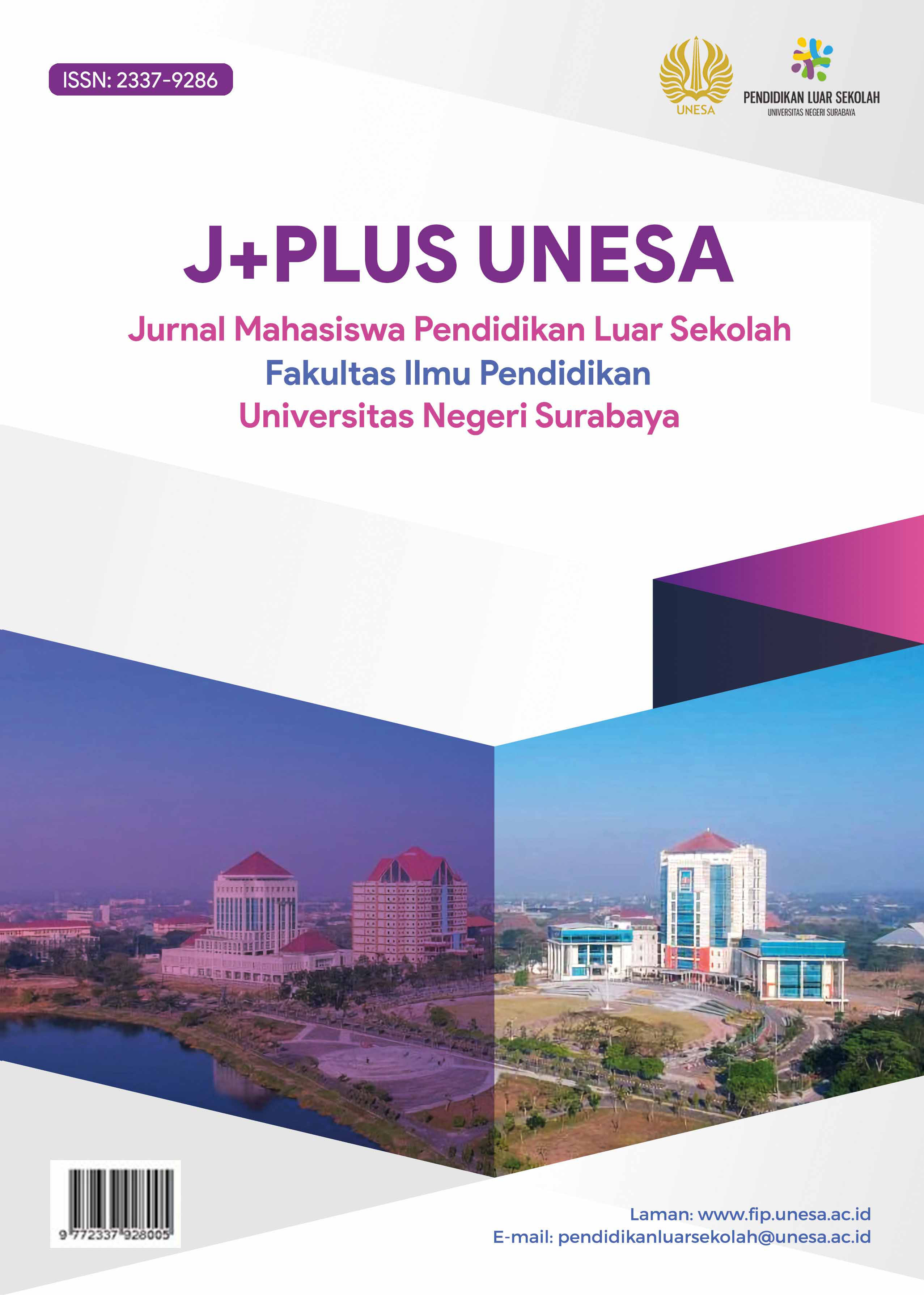Efektivitas Strategi Pembelajaran Studio 3D Printing dalam Mendukung Program Merdeka Belajar di PKBM Think Indonesia
Abstract
This study aims to determine the effectiveness of the 3D printing studio learning strategy in supporting the Merdeka Belajar program at PKBM Think Indonesia. The Merdeka Belajar program is a government initiative in Indonesia to provide broader and more inclusive learning opportunities to the community, including through innovative approaches such as 3D printing technology. The research approach used in this study is a quantitative approach with a simple linear regression analysis research method. The location of this research is PKBM Think Indonesia in Surabaya. The population in this study consists of participants in the Think Indonesia Activity Center who are taking the 3D Printing class, totaling 67 participants. The research sample was taken using purposive sampling method with the Slovin formula, resulting in a sample of 40 students. Data collection was conducted using a questionnaire as a measuring instrument. Before the questionnaire was used for data collection, it was piloted to obtain valid and reliable results. The results of the simple linear regression analysis show that the level of effectiveness of the 3D printing studio learning strategy in supporting the Merdeka Belajar program at PKBM Think Indonesia is 86.6%. The implication of this finding is that the use of 3D printing technology in the context of PKBM Think Indonesia can enhance students' independence in learning, develop their vocational skills, and promote engaging and meaningful learning experiences.
Downloads
Downloads
Published
How to Cite
Issue
Section
 Abstract views: 110
,
Abstract views: 110
, PDF Downloads: 147
PDF Downloads: 147








